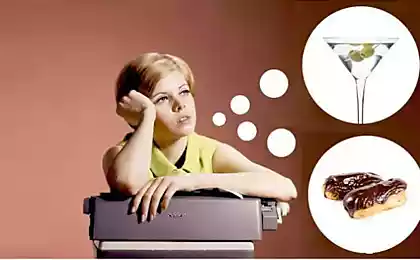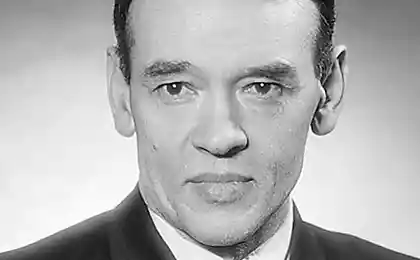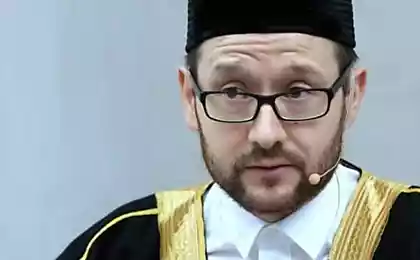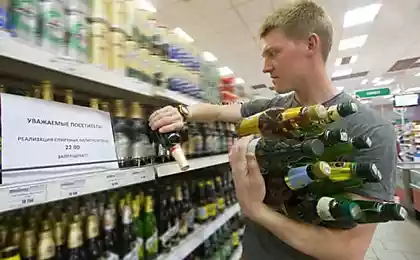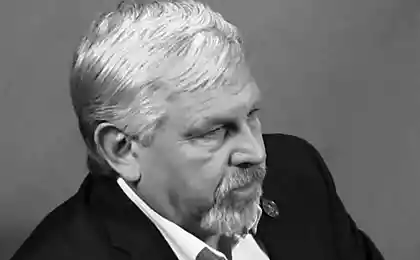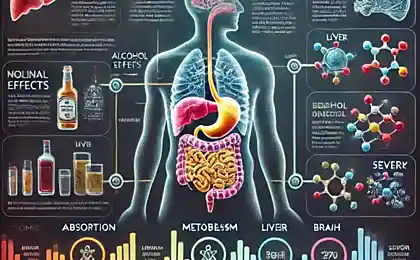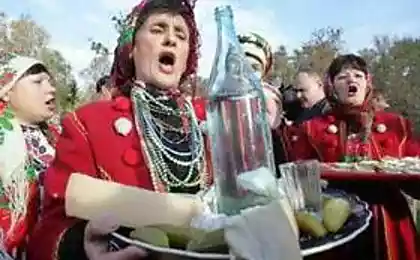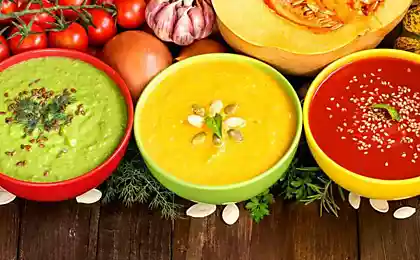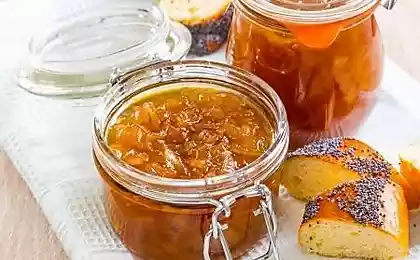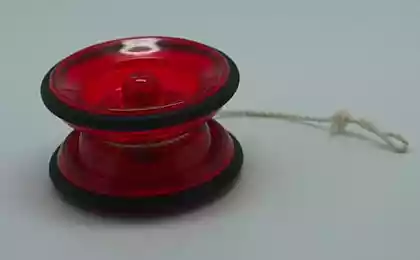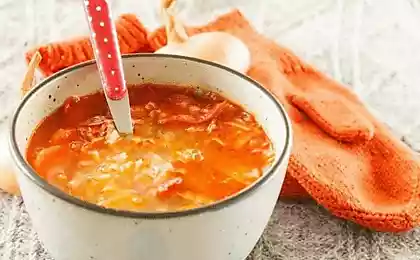885
Monopoly? Let simmer

"Vodka - the enemy, and the enemy must be destroyed" - the motto of Russia living here for decades. The World Health Organization has recognized us, "dying" a nation of a few years ago. This summer, the authorities of all stripes sounded: "we must do something." And "something", anyway, results in a state monopoly on alcohol production, alcohol ready for retail trade "degree" - is no limit to the fantasies of deputies and senators.
The offers they carried mainly Prime Minister Putin. On the same days, staying in a legal holiday in the wine Krasnodar Territory, the anti-alcohol initiatives already made by President Medvedev. The fact that the peak activity occurred in the midst of the crisis has led many experts to believe that alcohol is a tidy gosrukam, officials want to plug a hole in the budget. Is this possible and what way can go to Russia, tried to find out "MK".
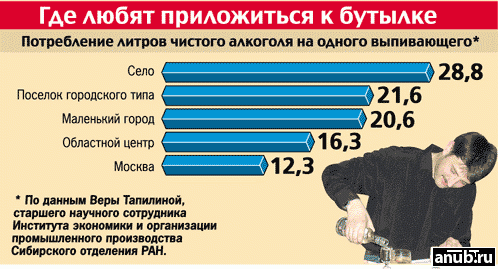
The head of Health Minister Tatyana Golikova has led President deadly statistics: 18 liters of pure alcohol per capita. These figures were not the night before the Sochi meeting, and were known to only a few years ago. But we persist in taking into account evidence of official statistics - 9 liters (though even with this bar Russia came with a light hand the WHO list of endangered nations). Liters 'death' in the literal and figurative sense: Russia has been and remains the country with the highest death rate from alcohol poisoning. And the bursts occur in the most peak reforms. After the collapse of the Soviet Union there were two: in 1992-1996. and in 1999-2004. Not on the doorstep for the following we are standing?
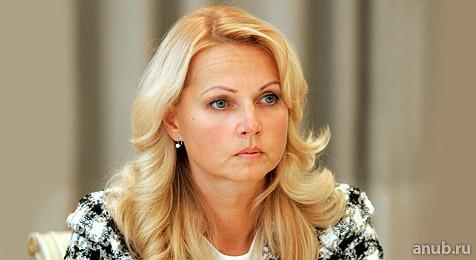
The institution of Russian state monopoly no need to invent. She was in the country before the revolution. Thank reformer Sergei Witte. Once the vodka was sold in a network of state-owned shops, revenues increased by 2, 5 times, and its consumption has fallen significantly.
But we must not forget that there is a partial monopoly in our country today. About 60% of the produced alcohol is controlled quite a state-owned company "Rosspirtprom." How to finish the 40%? According to the laws of the market they need to be doprivatizirovat. What is in crisis is somehow disadvantageous. Or "take away". In the sense - to forbid private companies to produce raw materials. What is the situation of social instability also somehow not comme il faut. The case is troublesome, and the election is not far off.
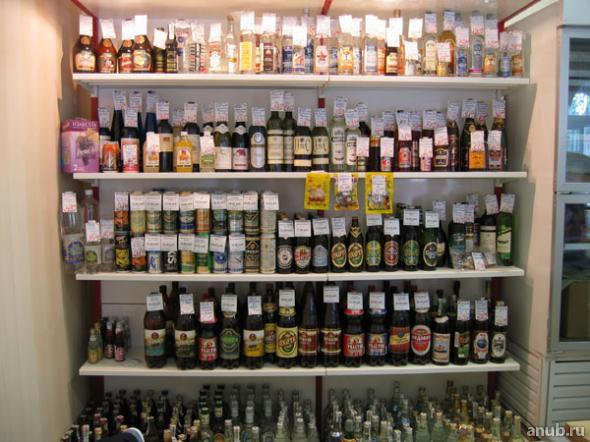
If the most seemingly simple way does not roll, it is possible to appeal to the international experience. For example, in Germany, the purchase of alcohol is state-owned. However, it does not charge him with the excise tax, but rather pays producers a higher price than the market offers. A sort of government intervention. In Russia, listen to officials, the challenge now is quite different - "pour" into the budget as much as possible alcoholic money. According to the head of the Center for development of a national alcohol policy Shapkina Paul, the German scheme could partially proekspluatirovat, and at the same time to simplify the levying of excise duties: "The meaning of the idea that all the produced alcohol purchases specially created corporation. She sells it to manufacturers of products containing alcohol. At the same time the excise duty becomes one, whereas now 14% excise tax paid by producers of alcohol, and 86% - manufacturers of finished products. " But the situation, according to Shapkina becomes paradoxical: "The two objectives - to replenish the budget and to reduce the social consequences of alcohol abuse - there is, in my view, a serious contradiction. Having set the goal to increase revenues from the sale of alcohol, the government sooner or later will achieve growth in sales of vodka and wine. And it is in our situation is unnatural ".
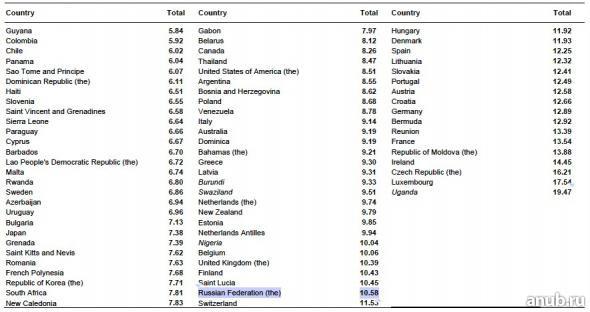
Liters per capita per year
In Scandinavia and 16 US states operates a state monopoly on alcohol sales. Manufacturing remains in private hands or in part conducted by the state, partly - business and alkolavki belong to the state. Russia once again has not had time to go this way before the crisis, and now to buy the existing retail space is nothing. While trade can regulate itself. According to the country's leading toxicologist, MD Vladimir need initiatives to sell liquor on the passport and tighten administrative penalties for traffickers for violating these rules - good intention (came from the pen of the deputy Valery Draganov). Which will lead to the right place. But, according to the expert, Russia should seriously consider pricing policy: "I can say as a psychiatrist: need cheap wine. It is necessary to reduce import duties, thus "convert" people to drink less toxic. " One must admit that the excise tax should be indexed, but with the mind: "The very long time resisted that we need cheap liquor, but vodka for 300 rubles per bottle will be inaccessible part of the population. It is terrible to imagine what it will replace our citizens. " The psychiatrist also sure that all public service announcements, programs about the dangers of alcohol, whoever they were initiated - are needed and will yield results, "They were not designed to have with you, but on the younger generation. They head zapadet. " That is now drinking PSAs is unlikely to help.
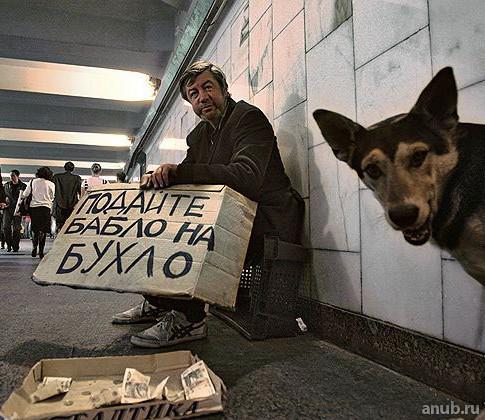
Add the treasury, according to some experts, it is possible and without a state monopoly. It is enough to cancel the excise tax per liter of alcohol sold and shipped every bottle of vodka or wine, which act is now. "This system allows manufacturers of alcohol" negotiate "with the representatives of the supervisory bodies. And catch them in collusion difficult. By the time an investigation begins, alcohol has long been turned into vodka and vodka - drunk. So much easier to introduce imputed tax on production capacities and alcohol distilleries. Equipment - not a needle in a haystack, it is difficult to conceal. The control system is simplified excise stamps lose their meaning, EGAIS not needed. A tax collection increases, "- says Pavel Shapkin.
